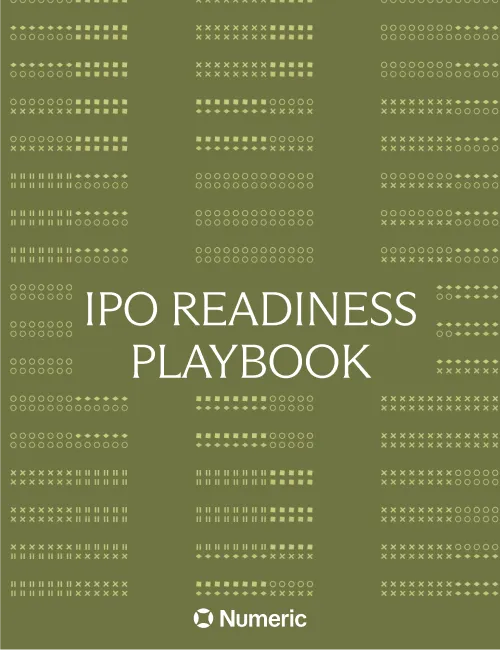International Financial Reporting Standards (IFRS)
The International Financial Reporting Standards (IFRS) are a set of global accounting standards issued by the International Accounting Standards Board (IASB) that provide a consistent framework for preparing and presenting financial statements, facilitating transparency, comparability, and integrity in international business and finance.
Understanding IFRS: Bridging the Global Accounting Gap
In today's globalized economy, where businesses often operate across borders, there's a need for a unified language of accounting. The International Financial Reporting Standards (IFRS), issued by the International Accounting Standards Board (IASB), serves this essential role, providing a common accounting standard for the world.
What is IFRS?
IFRS is a set of international accounting and financial reporting standards that apply to companies across the globe. These standards aim to provide a consistent and transparent framework for how financial statements are prepared and presented. By having a standardized approach, IFRS makes it easier for investors, regulators, and other stakeholders to understand and compare financial statements of companies operating in different countries.
The Importance of IFRS
- Global Comparability: IFRS enables investors and analysts to compare the financial performance of companies across international boundaries. This comparability makes it easier for companies to attract foreign investment.
- Increased Transparency: With standardized reporting, financial statements become more transparent and reliable, enhancing stakeholders' trust and confidence.
- Regulatory Compliance: Many jurisdictions mandate the use of IFRS for publicly traded companies, aligning domestic practices with international standards.
- Facilitating Cross-Border Transactions: Standardized accounting practices ease the process of cross-border mergers, acquisitions, and other transactions by providing a common financial language.
IFRS vs. Local GAAP
While IFRS aims for international consistency, local Generally Accepted Accounting Principles (GAAP) might differ significantly from country to country. For example, U.S. GAAP and IFRS have noticeable differences in areas like revenue recognition, lease accounting, and inventory valuation.
The ongoing effort to converge local GAAPs with IFRS reflects a broader push towards global financial reporting standards. The ultimate goal is to create an integrated global economy where financial information is easily comparable and transparent.
Challenges of Implementing IFRS
While the adoption of IFRS has many advantages, it's not without challenges:
- Cost: Transitioning to IFRS can be expensive, particularly for small and medium-sized enterprises (SMEs), as it requires significant changes to accounting systems and practices.
- Complexity: Understanding and implementing IFRS may be complex for companies accustomed to local accounting standards.
- Regulatory Differences: Countries' regulatory environments might impact the application of IFRS, leading to variations in how the standards are implemented.
IFRS for SMEs
Recognizing the challenges faced by SMEs, the IASB has developed a simplified version of IFRS called IFRS for SMEs. This version reduces the complexity and costs associated with full IFRS compliance, making it more accessible for smaller businesses.
Conclusion: A Step Towards Global Integration
IFRS represents a significant advancement in the global business landscape, bridging the gap between diverse accounting practices and fostering an environment where financial information is transparent, reliable, and comparable across borders.
The journey towards full global adoption continues, with the IASB actively working with countries to facilitate a smooth transition. The collaboration between various regulatory bodies, governments, and the accounting profession is vital for realizing the full potential of IFRS.
Whether you are a business owner, investor, accountant, or a student of finance, understanding IFRS is integral to navigating today's interconnected world. It’s not just a set of standards; it's a language that unifies global business and finance, paving the way for a more integrated and transparent global economy.


















